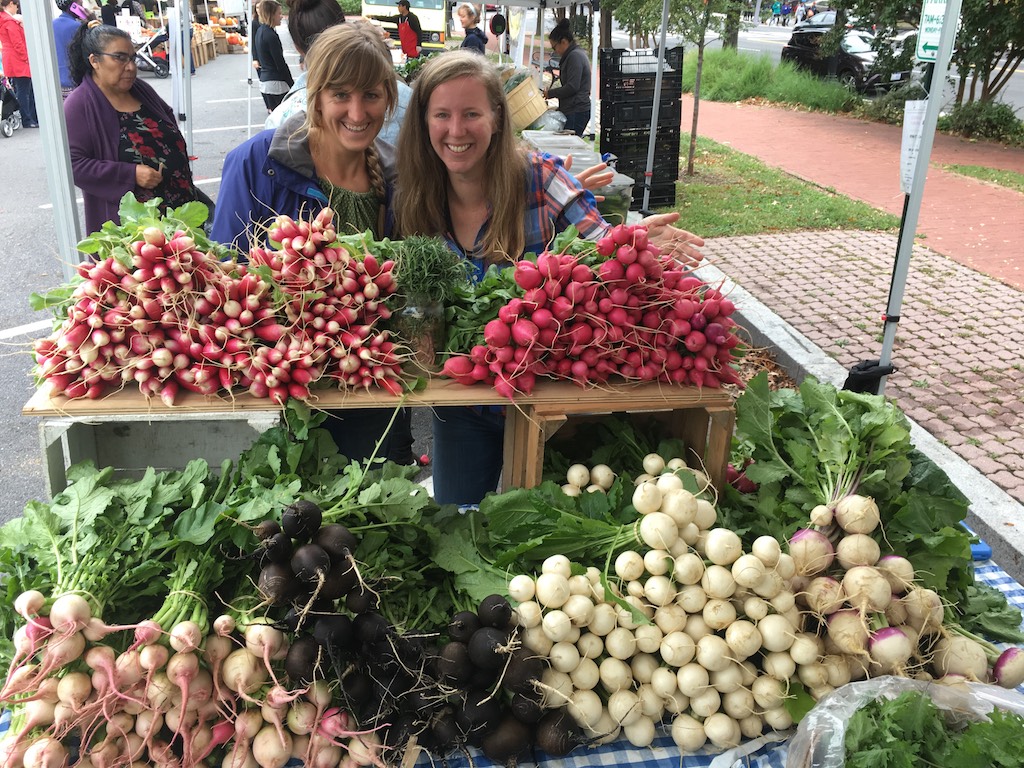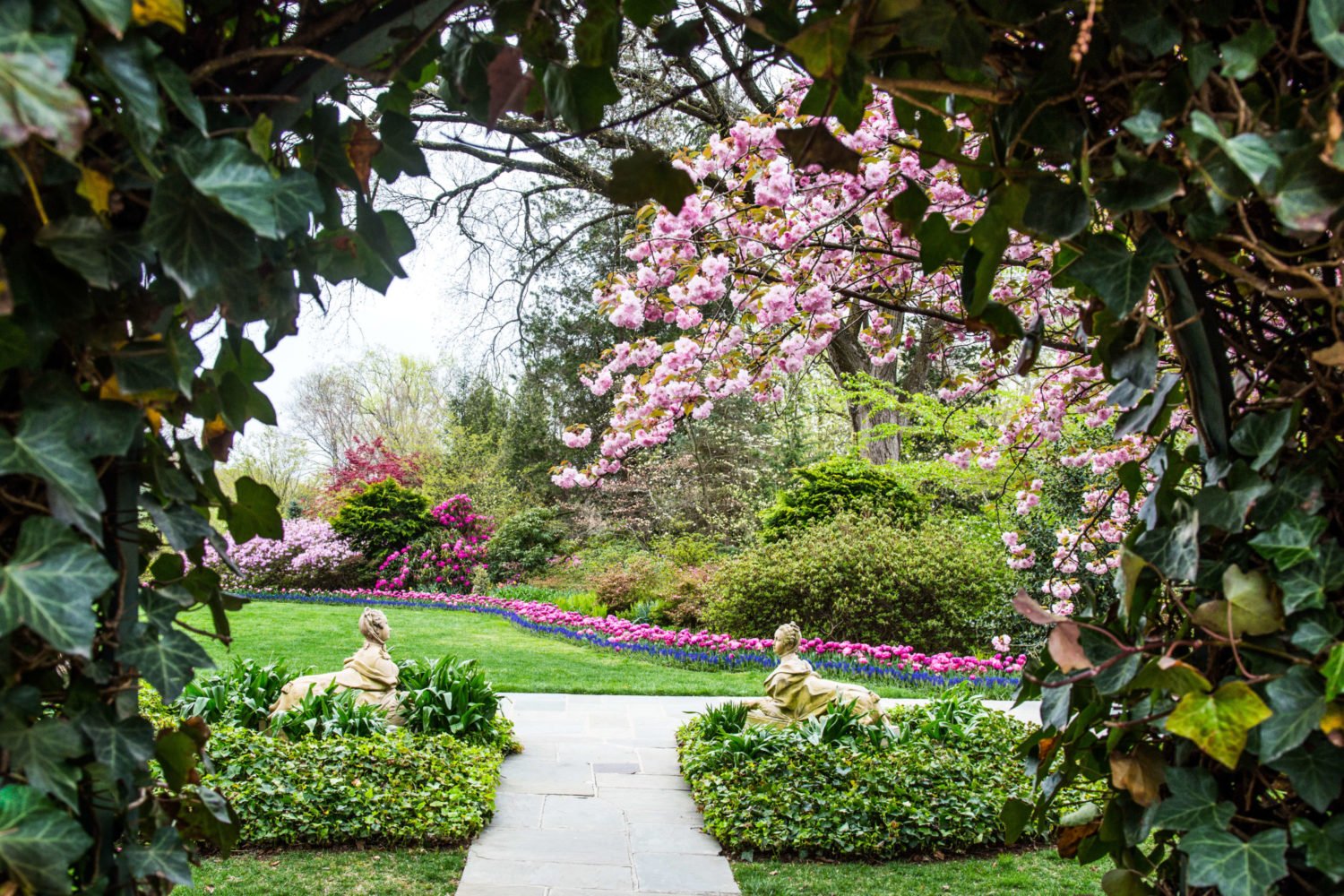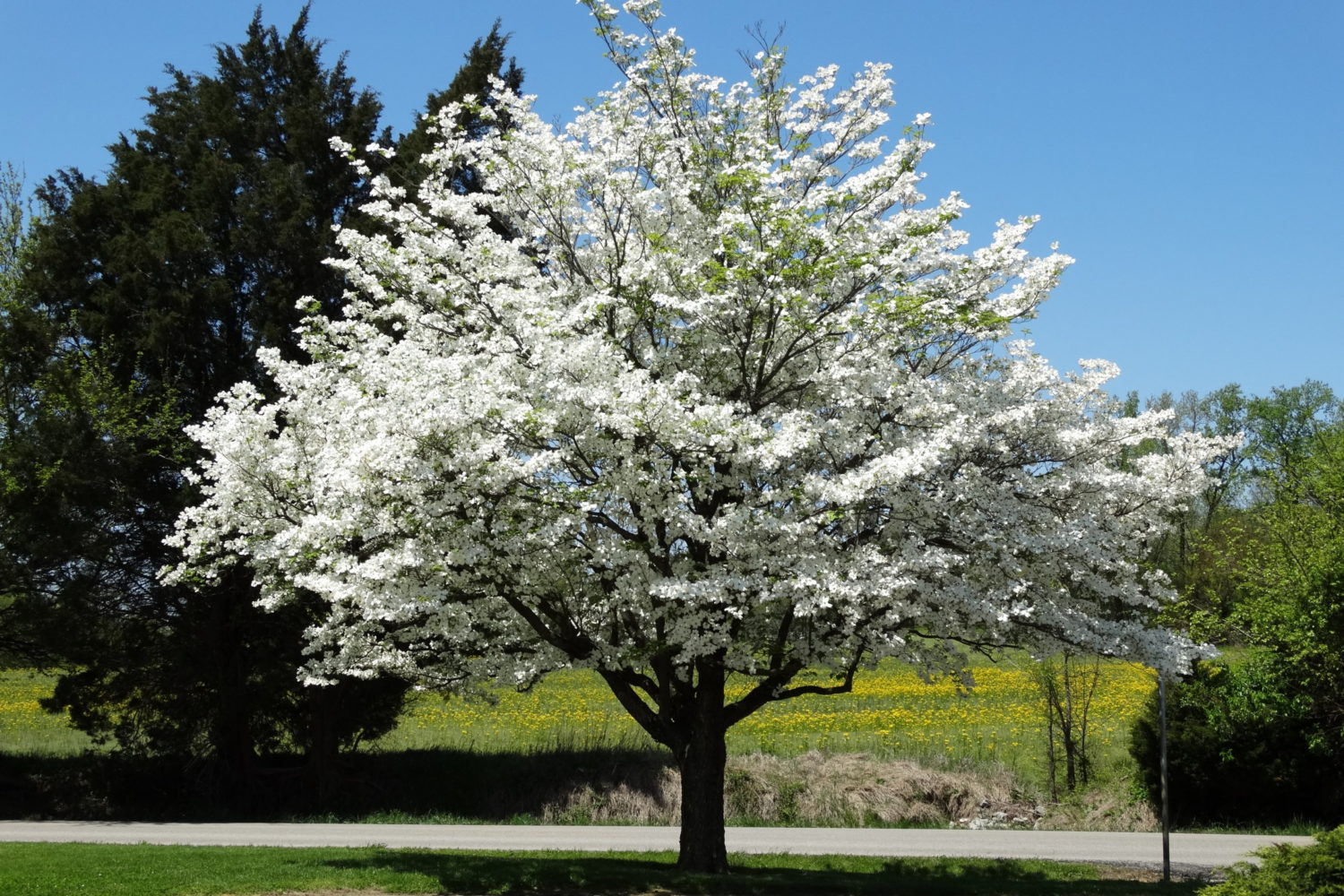Say you want to grow some tomatoes and peppers this summer, but you have no idea where to start. Pots on a stoop or balcony are fine, if you know what you’re doing. Raised beds in your backyard? Great, if you have the space. Want a community garden plot? Most have mile-long waitlists.
There’s another option, one that’s admittedly no less work but can be more flexible–and can accommodate those of us without green thumbs. Volunteer your time at an existing farm or garden, and you’ll often be invited to take home a share of produce while learning from experienced farmers. These arrangements, often called workshare or apprentice programs, provide a way for would-be gardeners to get their hands dirty without the need to own their own land, and often provide a wider variety of produce than home gardeners typically grow.
Of course, farm work is still work. At these farms and gardens, be prepared to get sweaty as well as dirty. “It’s a great opportunity for people who enjoy the work,” says Carrie Vaughn, vegetable production manager at Clagett Farm, which has one of the oldest workshare programs in the area. “It’s like, $25 worth of vegetables for five hours of work. If you were going to pay to go to a gym, then it’s a bargain,” she says.
Sound intriguing? Here are seven places in the DMV where you can get started. (And if you just want to dig in the dirt, a huge number of nonprofit farms and gardens would love your volunteer labor.)
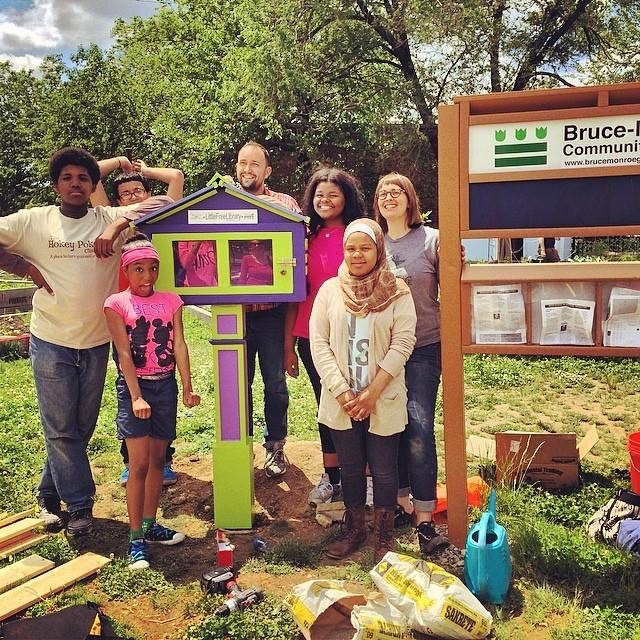
Bruce Monroe Community Garden, 3000 Georgia Avenue, Northwest
This privately run community garden in Park View mostly offers individual plots, but also has a large communal plot. “That allows folks who can’t get a plot of their own [because] there’s not space [or] they don’t have the bandwidth to take care of an entire plot themselves but still want to be involved share in the gardening and also to grow food for the community,” says April Thompson, a founding member of the garden who helps run the communal spaces. Look for the beds painted green, and please don’t harvest from the ones painted red (those are the private plots). Keep an eye out for leafy greens, tomatoes, green beans, but also bitter melon and purple long beans, to name a few.
To get started, reach out through the garden’s website.
City Blossoms, multiple locations across DC
The nonprofit City Blossoms builds and maintains over 20 gardens throughout the city, and at some of them, you can help out. During Open Times, volunteers can help weed, water and harvest, create art for the garden or help prep a simple meal. “We have a ‘you help, you harvest’ policy,” says Willa Pohlman, City Blossoms’ director of programming and resources. Plan to take a small sampling of herbs, greens, tomatoes, eggplant or sweet potatoes, depending on what’s in season.
Open Times begin April 10 at Marion St Intergenerational Garden and Girard Children’s Community Garden; new this year are Open Times at The Farm at Kelly Miller (at Kelly Miller Middle School in Lincoln Heights), starting in May, and Open Times at a new garden behind City Blossoms’ headquarters in Brightwood begin in June. See schedule at http://cityblossoms.org/open-times/ ; open times are drop-in (no pre-registration required).
Clagett Farm, 11904 Old Marlboro Pike, Upper Marlboro
This 285-acre farm raises beef and lamb, grows Christmas trees and native trees, and maintains a 20-acre vegetable and herb garden. Part of the Chesapeake Bay Foundation, the farm produces 80,000 pounds of sustainably grown produce a year, donating 40 percent to food pantries, says vegetable production manager Carrie Vaughn. The rest is sold through a CSA or given to worksharers.
From mid-May to mid-November, wannabe gardeners can drop in any day of the week except Sunday. In exchange for five hours of work, worksharers leave with the same veggies that paying CSA members would get.
Worksharing begins May 10. Weekday hours are generally 9:30 or 10 AM to 3 PM; Saturday hours are 8-1. Harvest days are Wednesdays and Saturdays; worksharers who come on another day “bank” their hours and can pick up a share at the farm or in Dupont Circle Wednesday evenings. Call in advance (301-627-4662), even just before you leave your house that morning, to let farm employees know you’re coming.
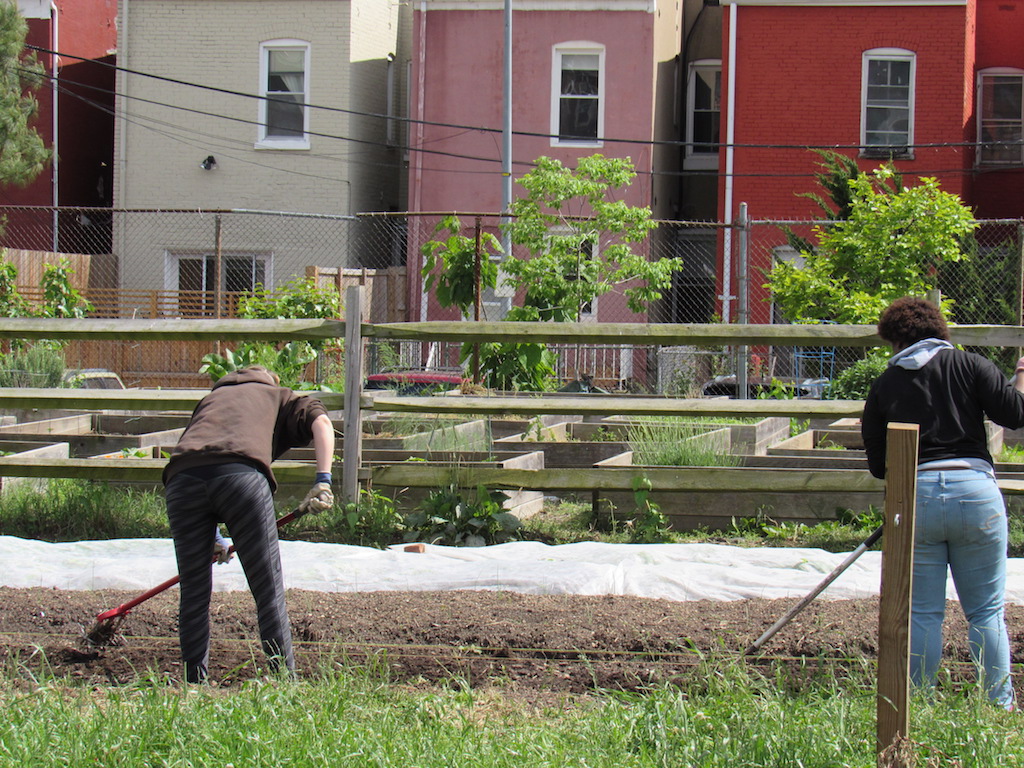
Common Good City Farm, 300 V Street, Northwest
Celebrating its tenth year this year, this nonprofit’s mission is “to use urban agriculture…to contribute to a well nourished community,” says Josephine Chu, the farm’s program and outreach manager. “City Farmers” volunteer three hours of their time once a week for 12 weeks, assisting with weeding, harvesting and farm maintenance, or outreach programs like kids’ education or cooking demonstrations. The first week of each month is training for new volunteers, then people are asked to stay for an additional 11 weeks. Volunteers who make less than a DC living wage ($17.02/hour for a single childless person, see the whole calculator here) receive produce vouchers for every hour worked, which can be exchanged at Common Good’s weekly farmer’s market on Wednesday afternoons and evenings. The farm is expanding its capacity this year and now offers volunteer and workshare shifts every day of the week.
Get started here.
Cultivate the City, multiple locations
This for-profit farm manages 25 spaces across the city, including the rooftop garden at Nationals Park (sorry, that one’s not open to worksharers). Worksharers spend 2-3 hours of their time maintaining one of Cultivate the City’s spaces—watering, weeding, harvesting, etc— and in exchange, they receive Cultivate the City’s CSA at a more than 50 percent discount. (Worksharers pay $100 upfront for a 10-week season; it’s normally $250.) In addition to the expected tomatoes, greens, etc., the CSA also always includes at least one finished food product made by students under Cultivate the City’s supervision, founder Niraj Ray says. That could be pesto, infused oil, herbed salt, pickles, hot sauce or something else. Schedules are flexible, Ray adds, so get in touch soon to see if your schedule fits with theirs.
See Cultivate the City’s site for more information.
ECO City Farms, two locations in Maryland
The first urban farm in Prince George’s County, now eight years strong, is big on education. So farm “apprentices” who commit to two three-hour shifts per week also gain access to classes offered through ECO’s beginning farmer training program. That includes classes through Prince George’s Community College that would normally cost up to $700, so for people interested in learning urban farming, this is a good way to get started.
“We want to proliferate urban farming, and we want people to understand about food, nutrition and health,” says Margaret Morgan-Hubbard, founder and CEO of the organization.
Apprentices help with farm maintenance in exchange for the aforementioned courses as well as sharing in the farm’s produce. Deputy Director Kayla Agonoy adds that the farm doesn’t “promise” a certain amount of veggies, but allows workers to “take our seconds or a small share” of what’s growing.
Shifts are available Monday-Fridays, mornings and afternoons. ECO City’s site has more information.
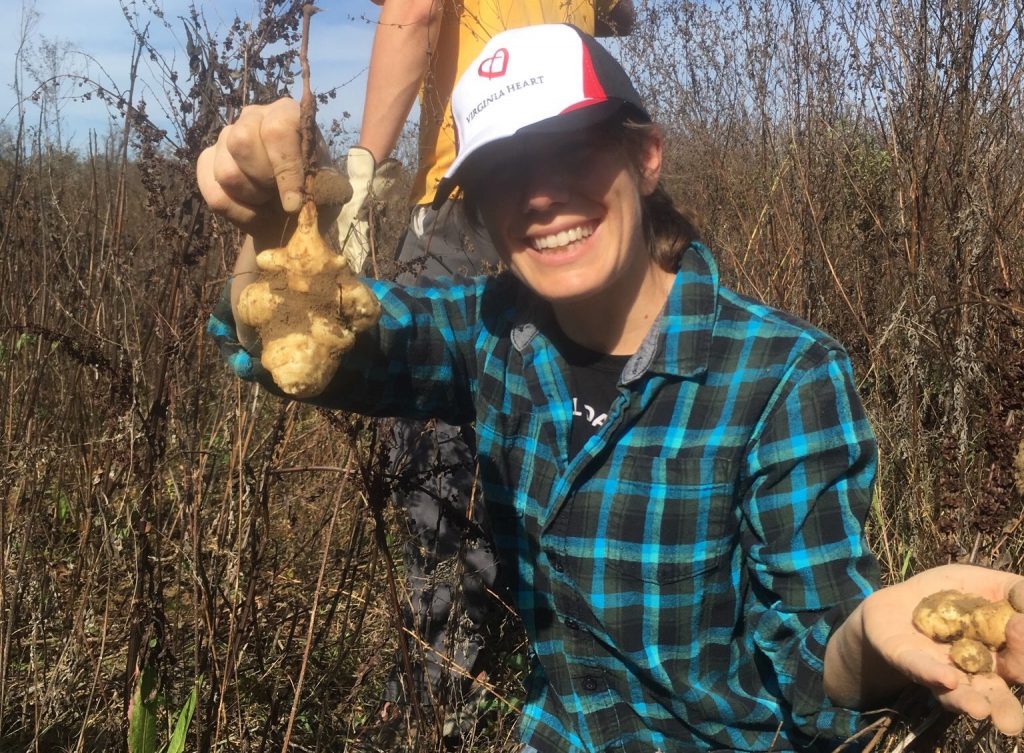
Owl’s Nest Farm, 2612 Ritchie Marlboro Road, Upper Marlboro
This 3.5-acre vegetable farm is entering its third year in production, says owner Liz Whitehurst. Worksharers give 3-4 hours of their time per week during the growing season, either doing farm work or helping to run the farm’s stands at various farmers markets in DC, in exchange for the same CSA that members get. The farm grows a lot of “cool Asian greens—our shareholders are all about the greens,” Whitehurst says, and it’s growing ginger for the first time this year. The CSA and workshare program work “really well for people who love to cook and…who are interested in having culinary adventures,” she adds.
See Owl’s Nest’s site for more information, market stand locations, and to sign up.
Also of note
This year, DC’s Office of the State Superintendent of Education and the Department of Parks and Recreation are launching the Growing Food, Growing Communities project, which pairs gardening spaces that need help—like school gardens or private backyards—with willing helpers who share in the harvest. Help is especially needed for school gardens during the summer months when class isn’t in session, says Sam Ullery, school gardens specialist with OSSE. “I think being involved in this program is about giving back and helping the community and helping schools,” he says. “Also…for folks new to gardening, they can step into a space that is not a blank canvas. Many of our school gardens will have tomatoes and peppers and beans ready to pick.” More than 20 sites across all eight wards are already participating. You can learn more or sign up here.

